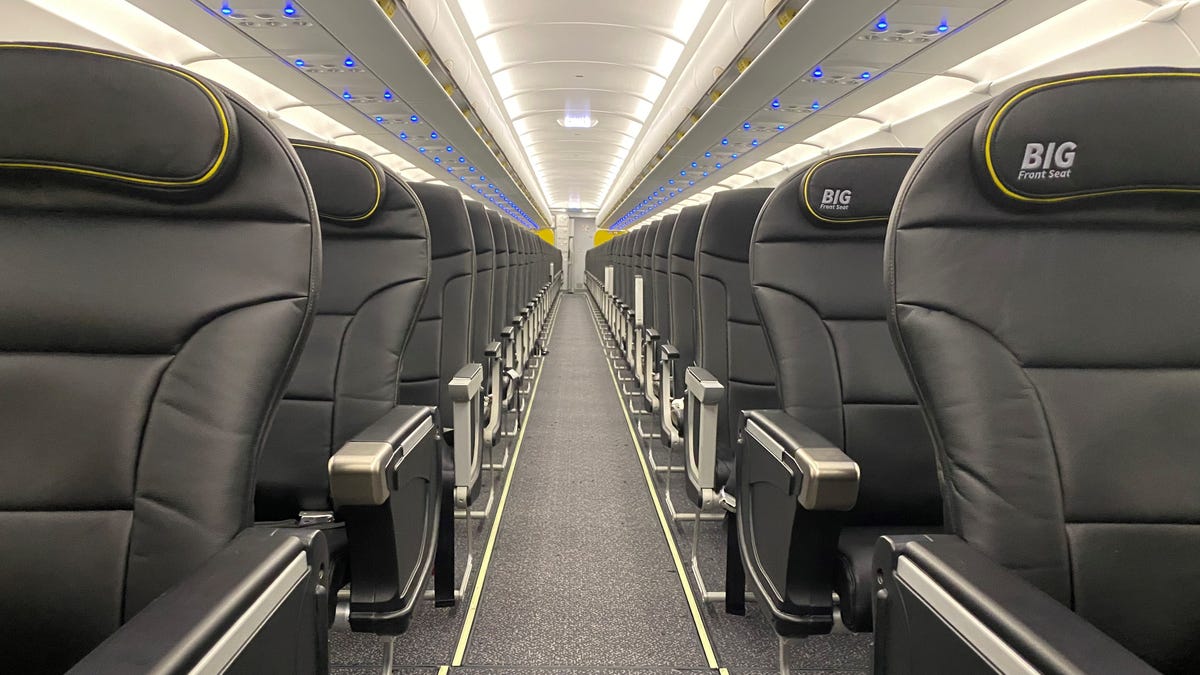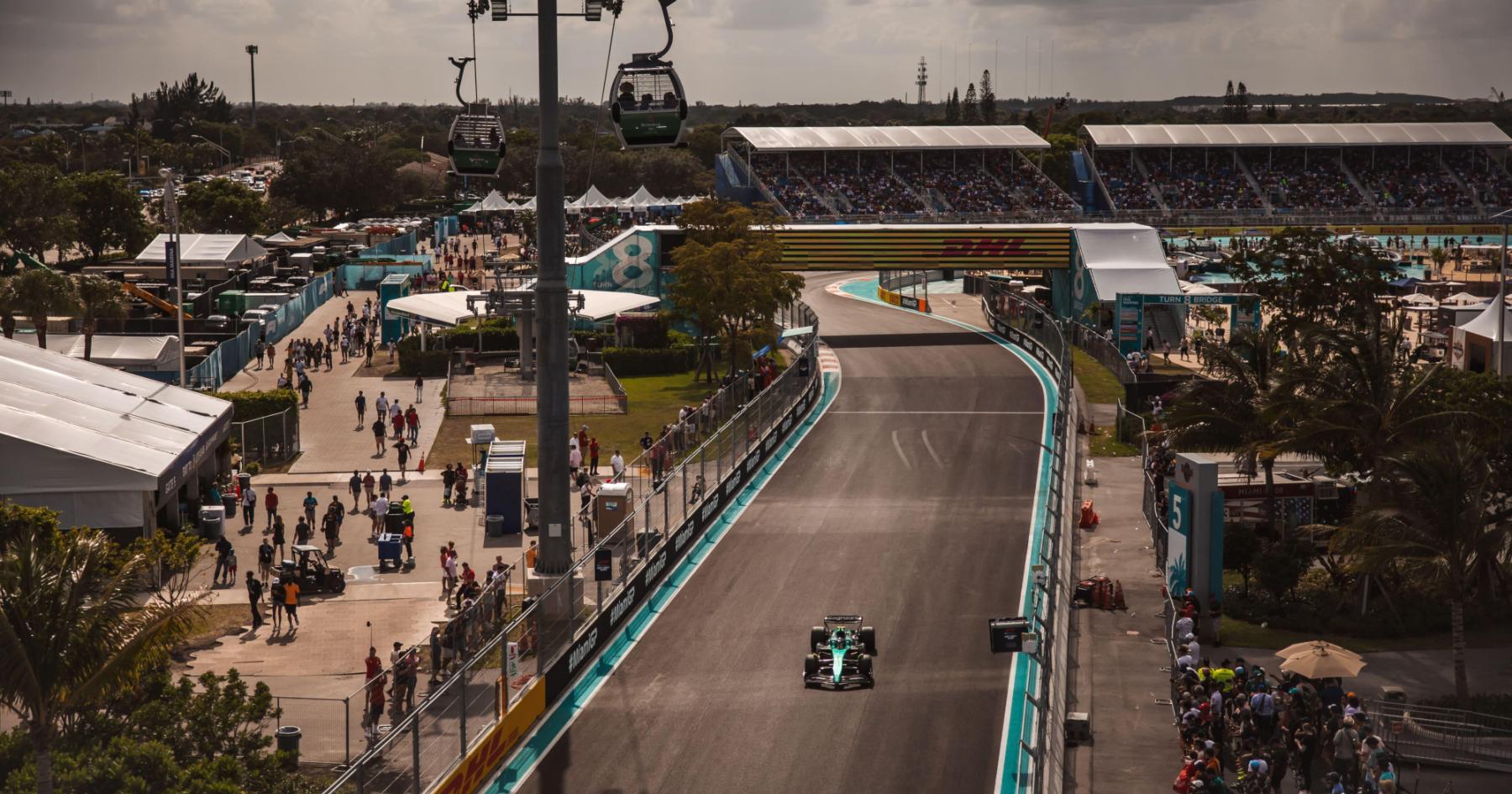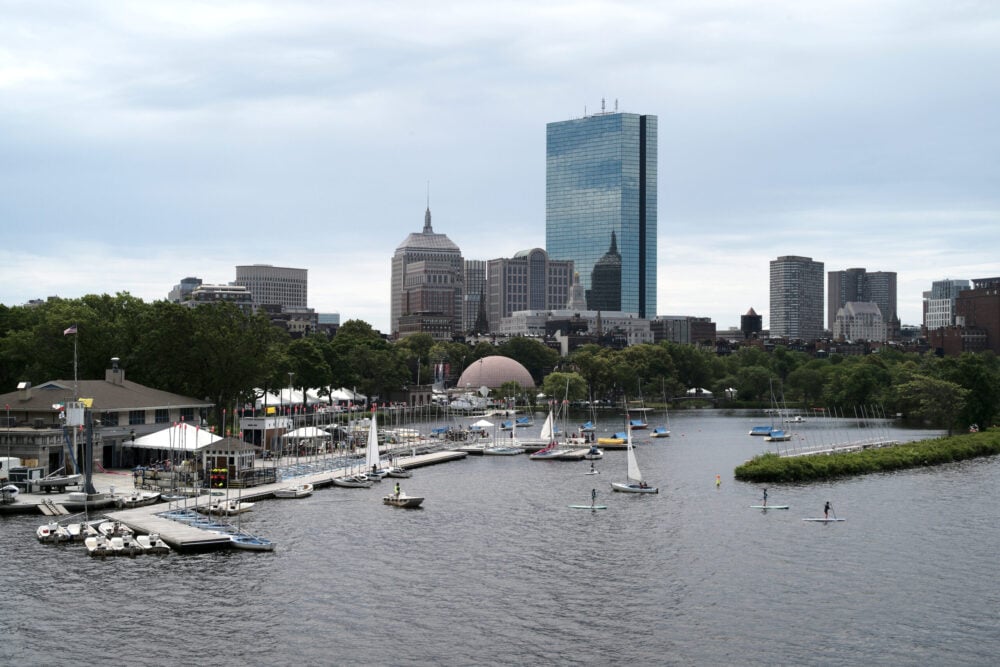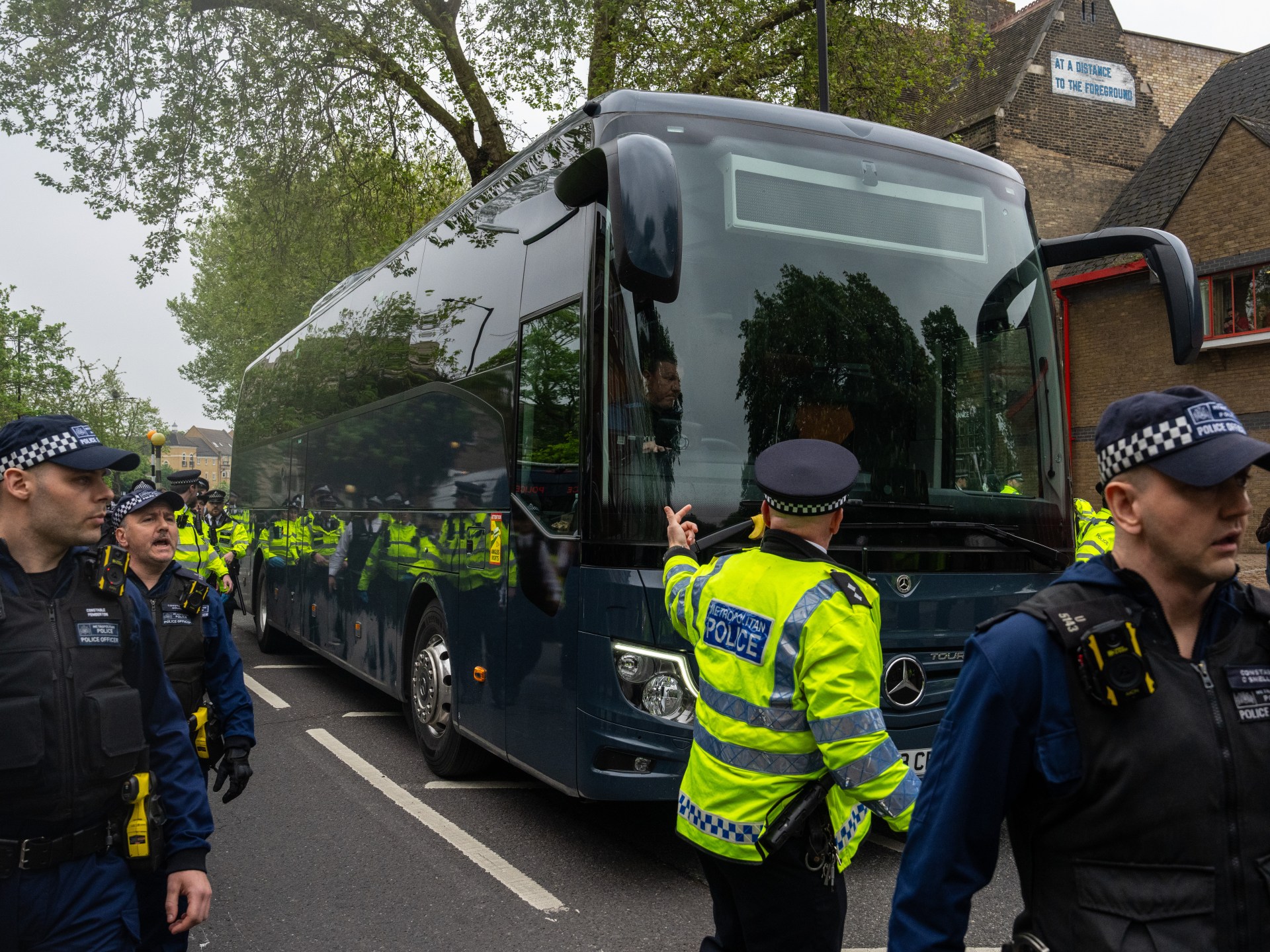Alaska
gBETA Chooses Five Alaska Businesses for Accelerator Support – Alaska Business Magazine

At the end of the gBETA program, the startup founders will pitch their companies to investors, community partners, and the public at a showcase event in Anchorage on May 30.
“I’m thrilled to get to work with these five incredible Alaska-based companies on their growth,” says Erica Dye, gBETA Alaska program manager. “This program not only supports these five companies but brings opportunity and economic development to the entire state of Alaska.”
gener8tor is a global venture firm and accelerator network that supports startups, workers, employers, artists, and musicians by partnering with companies, governments, universities, and nonprofits. Partners in Alaska include the Alaska Investor Network, Denali Commission, and UAF Center for Innovation, Commercialization, and Entrepreneurship (Center ICE).
“Center ICE is honored to bring this program to Alaska to support our top entrepreneurs and help grow Alaska’s innovation economy,” says center director Mark Billingsley.
Since launching in 2015, gBETA accelerator alumni have raised more than $741 million in capital and are credited with creating more than 4,500 jobs in the US and Canada.
Another gBETA Alaska cohort is scheduled to be chosen in the fall.

Alaska
Canada West to East Kicks Off From Alaska Border » Explorersweb
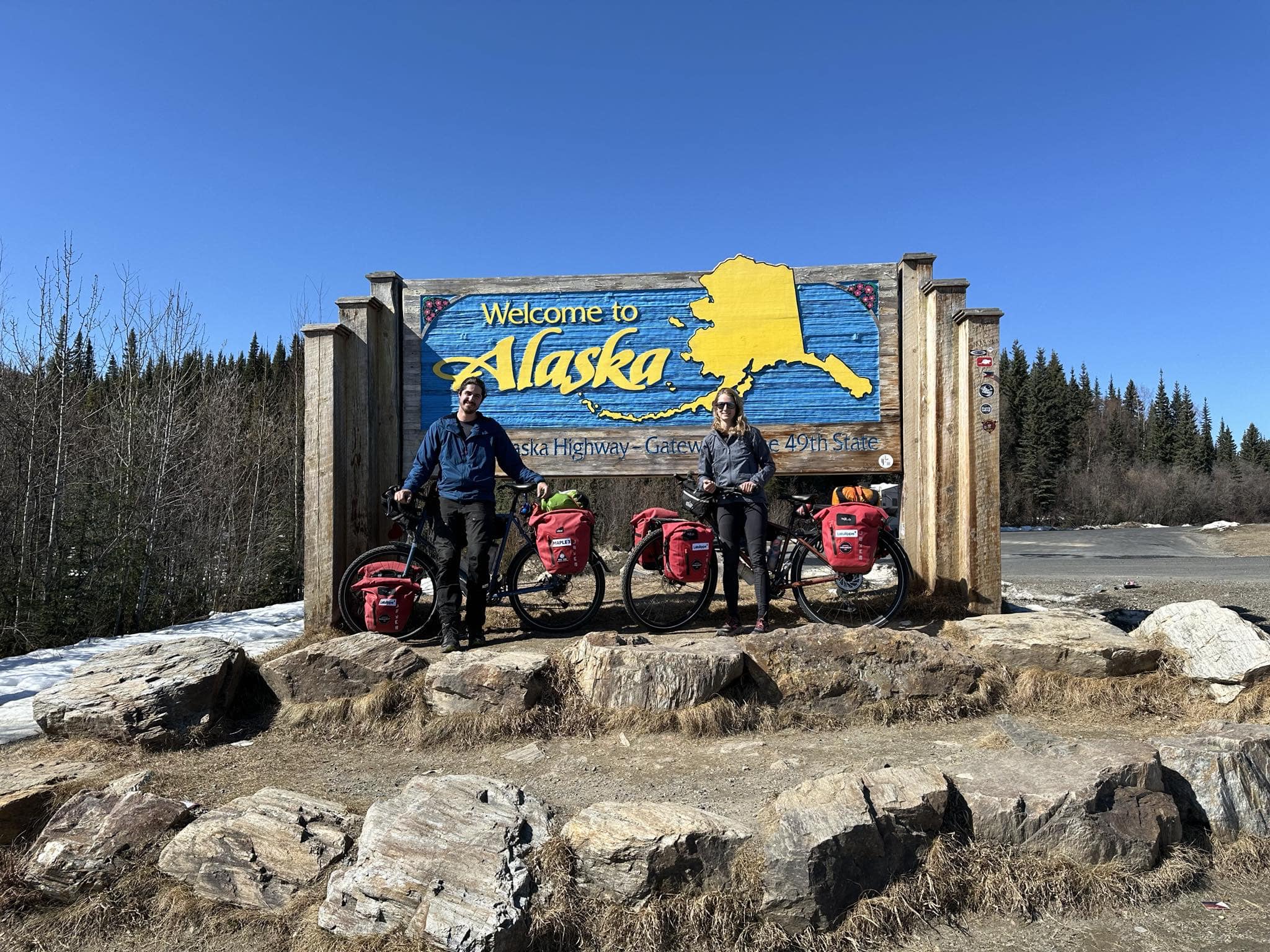
Nicolas Roulx and Catherine Chagnon have set off on their monster six-month, 6,500km west-to-east journey through Canada. The duo’s entire trip will take place north of the 60th parallel.
Chagnon and Roulx had planned to set off by bicycle from near Beaver Creek on the Alaska-Yukon border on April 18 but left a few days later on April 21. By May 1, they had covered 900km along the Alaska Highway. As the pair transition to the dirt Nahanni Range Road, their 120km per day pace may slow. Camping as they go, they’ve had good weather and encountered some wildlife, but no grizzlies.
The full 6,500km route. The section in red highlights the cycling segment. Photo: Expedition AKOR
They will ride the dirt road for around a week before reaching the village of Tungsten. Here, they will meet friends Mathieu Beland and Guillaume Moreau. The foursome will then begin the meaty 2,800km canoe section of their expedition on the Nahanni River.
Will it be warm enough to paddle?
It will be interesting to see how much paddling they manage on the lakes and rivers of the Northwest Territories. Much of the route could still be frozen, though Roulx told ExplorersWeb they did not expect it to be a major problem before setting off.
“It’s an El Nino year, so it should be a little warmer,” Roulx explained.
These opening few weeks are a vital warm-up for Roulx. He suffered a nasty accident not long after his 2021 Canada north-to-south expedition. He broke his leg while bouldering and has endured a long road to recovery. So far Roulx’s knee is holding up well, though he does report “suffering from some knee pain, but nothing serious or abnormal.”
Alaska
Bronson, LaFrance offer different views and priorities in Alaska Public Media-ADN mayoral runoff debate
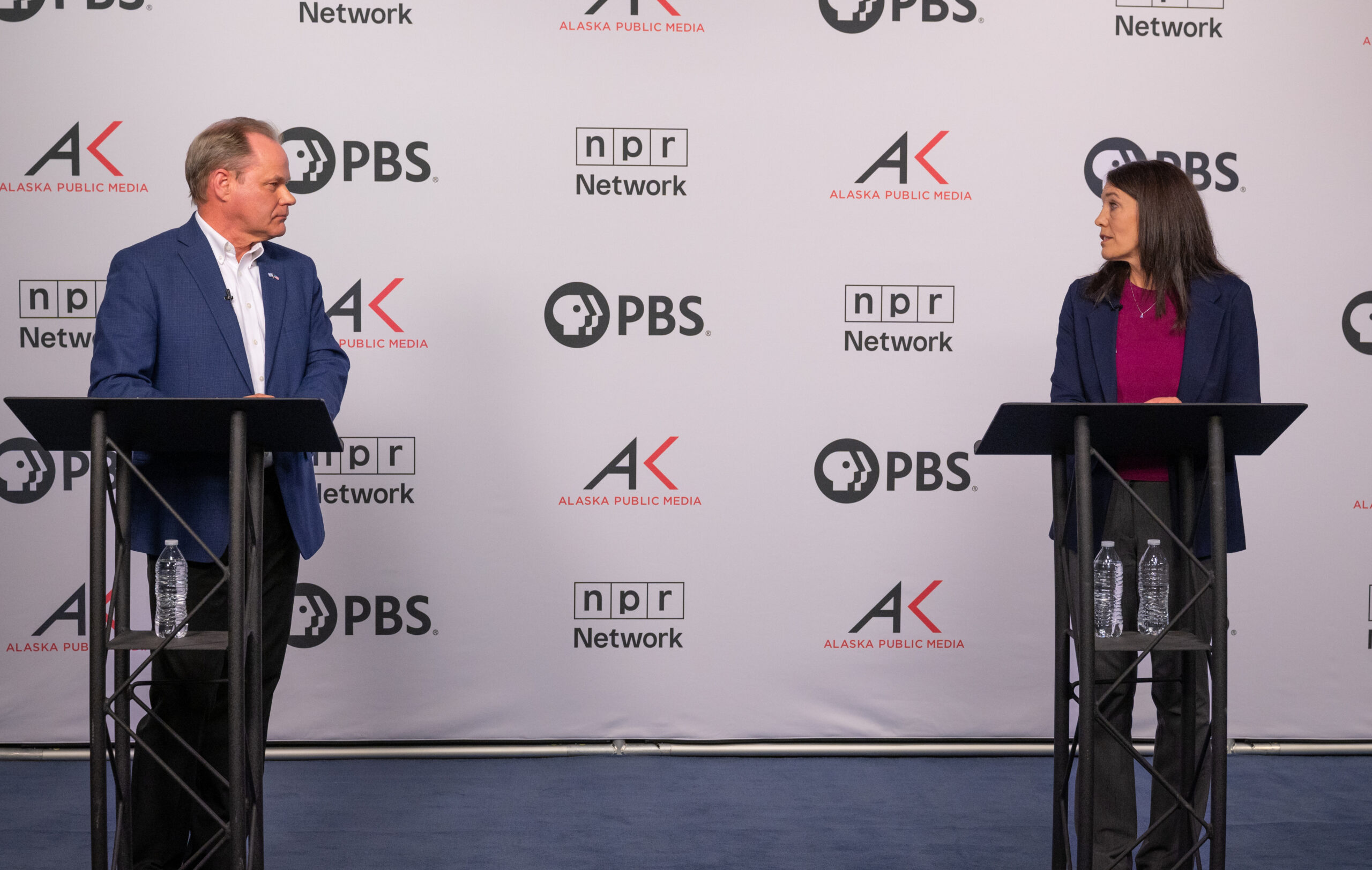
Anchorage mayoral candidates Dave Bronson and Suzanne LaFrance faced off in a debate hosted by Alaska Public Media and the Anchorage Daily News Thursday night.
The two sparred over competing ideologies and priorities.
Bronson, the incumbent, made homelessness a centerpiece of his debate performance, mentioning his proposed East Anchorage homeless shelter in six different answers. The shelter was rejected by the Assembly after his administration broke city code by proceeding with construction without Assembly approval. He also described homelessness as a major driver of pedestrian deaths and high rates of violence against women.
“We need to protect these women by putting them into a shelter,” Bronson said. “And that’s why for three years, I’ve been trying to build a shelter. And somehow this shelter got political. I don’t know how, but at the end of the day, that’s the path forward.”
Meanwhile, former Assembly Chair Suzanne LaFrance focused on providing basic services during the debate. She said she’d prioritize local governance, rather than divisive state and national politics.
“We’ve got to get the basics right,” LaFrance said. “And right now, you know, we’ve got a APD staffing shortage of over 50 sworn officers. We don’t have a plan on homelessness. And we’ve got to figure out a way to plow our streets of snow in the winter.”
The moderators asked both candidates questions specifically tailored to them. Bronson was asked about comments he’d made at an Anchorage Chamber debate this week where he described himself as “normal”, and his opponent as “woke.”
Bronson described wokeness as a harmful left-wing platform.
“It’s a political ideology of the far left,” Bronson said. “I don’t think it’s healthy. I don’t think it reflects science. I don’t think it reflects, certainly, good public policy.”
Meanwhile, LaFrance was asked about concerns that she’s too closely aligned with the current Assembly. She said checks and balances would continue if she becomes mayor, and when she was on the Assembly, there were disagreements.
“That is exactly what I would expect as mayor from the Assembly,” LaFrance said. “Because you’ve got 12 different people who are working to do their best to stand up for their constituents. And there’s going to be some healthy disagreement.”
A poll of debate viewers and listeners found that about 90 percent had already decided who they would vote for, with about nine percent saying they were undecided and one percent saying they weren’t voting.
Ballots for the mail-in runoff election are due May 14.
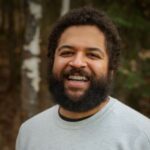
Alaska
Dunleavy says lawmakers shouldn't pass bills to address homeschool decision. Lawmakers say that's risky.
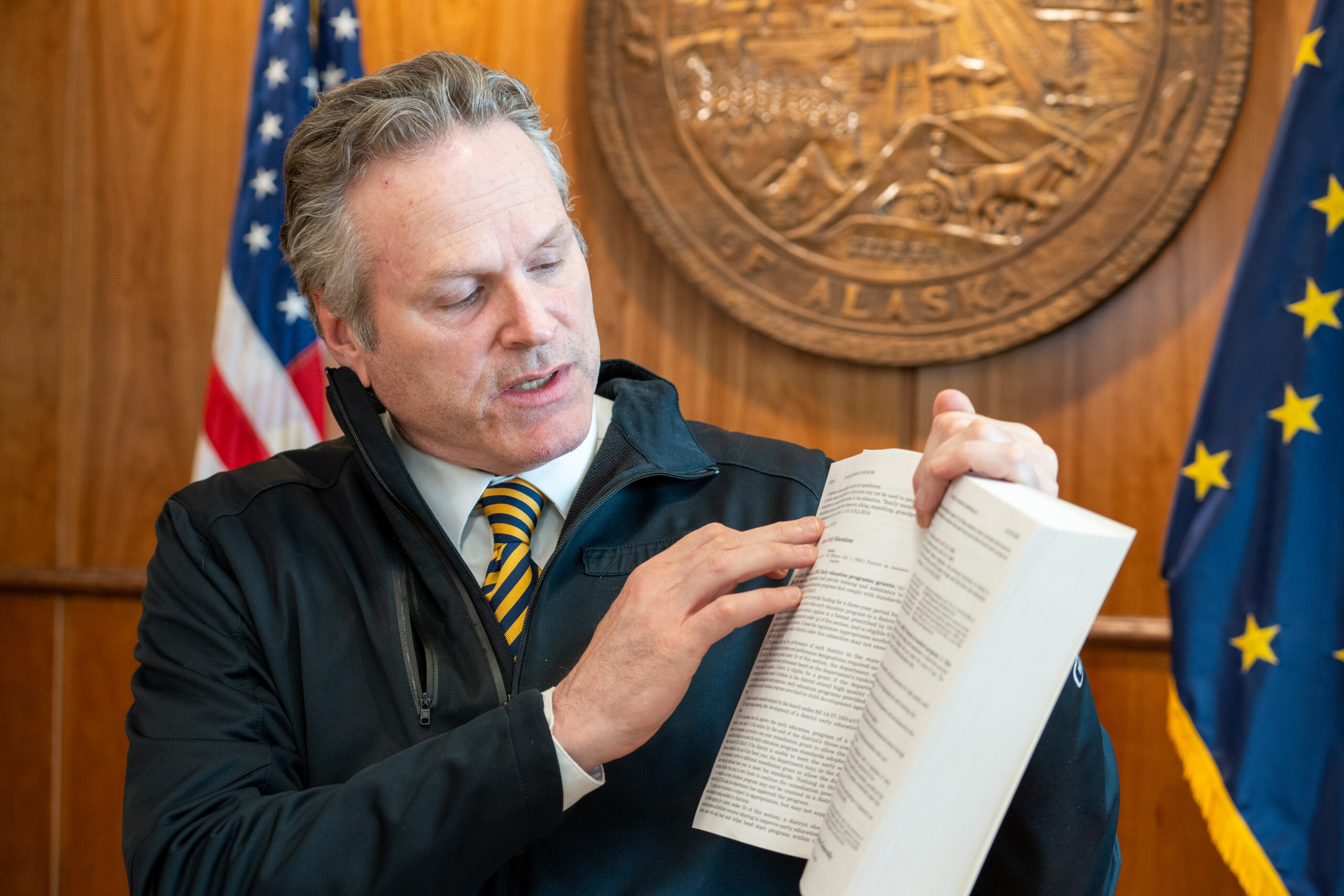
Gov. Mike Dunleavy is calling on lawmakers to pause their efforts to address a court ruling that threatens the state’s homeschool system, saying they should wait for a ruling from the Alaska Supreme Court.
“This is literally a disaster, potentially, an emergency because of its magnitude,” he told reporters at a news conference on Wednesday.
The decision from an Anchorage Superior Court judge found two laws underpinning much of Alaska’s homeschool system unconstitutional. Alaska’s Constitution prohibits spending public money “for the direct benefit of any religious or other private educational institution,” and Judge Adolf Zeman found that payments to homeschool families for things like books and lesson plans had been used for tuition at private and religious schools, which he declared unconstitutional.
But Department of Law Civil Division head Cori Mills, who appeared alongside Dunleavy on Wednesday, said the decision throws a lot more than homeschool spending into question.
“It’s difficult not to read the decision to say that any private organization is impacted,” she said. “So a private organization, in the court’s opinion, seems to equate to a private educational institution.”
And schools spend money on private organizations all the time — books from McGraw Hill, bussing from First Student, tutoring from Sylvan, the list goes on. The plaintiffs’ lawyer in the case, Scott Kendall, said the broad interpretation is “bizarre” and “misleading” and that Dunleavy should seek more guidance from the court. But Dunleavy insisted there’s not much choice but to wait for the Supreme Court to rule.
“This is why we’re saying a quick fix that some are advocating for, we don’t see how it fits into the ruling right now,” Dunleavy said.
But there’s still a big unanswered question: It’s not clear when or if the court’s ruling will take effect. It could be any day, or the end of June as the plaintiffs requested, or longer, as the state and parents backing the homeschool system have requested. And Dunleavy told reporters he’ll likely call lawmakers back to Juneau for a special session if the Alaska Supreme Court doesn’t allow the homeschool laws to stand.
But Sen. Bill Wielechowski, D-Anchorage, said that could be tough to pull off — this summer and fall is campaign season, and he said he’s not sure legislators would be able to get together. So he said he’s in favor of passing a law that puts guardrails on how homeschool funds are spent — or a regulatory fix from the Dunleavy administration that, according to the Legislature’s attorneys, would be compatible with the decision.
“If we put a statute in place, or quite frankly, if there are regulations put in place before that, then homeschoolers will have certainty. Correspondence school families will have certainty. They’ll know what the rules are,” he said. “I think if we don’t do that, this potentially creates tremendous uncertainty for families that use correspondence schools.”
The Senate Education Committee rolled out one possible approach in late April. The sponsor, Sen. Löki Tobin, D-Anchorage, says it’d restore components of the system that existed before the 2014 law that was declared unconstitutional.
The House Education Committee has its own version of a fix. It would more closely mirror the more recent homeschool system, but with stricter limits on buying things like ski passes, power tools and private school classes.
Education Committee co-chair Rep. Justin Ruffridge, R-Soldotna, called for an immediate legislative fix after the decision came out — and despite Dunleavy’s call to hold off, he says that’s still the plan.
“Well, I think if we say we can’t pass statutes to fix things, why would we ever pass a statute ever again?” Ruffridge said.
He said he agrees with Dunleavy that lawmakers have to think long-term. But he said passing a law clarifying the rules would be a good idea.
“We also have to take a view that says, ‘How do we bring stability to folks?’” Ruffridge said. “It’s a lot of people, 23,000 students, so I think we have an obligation to both.”
Doing nothing, Ruffridge and Wielechowski said, risks leaving homeschool families even more in limbo than they already are.
Eric Stone covers state government, tracking the Alaska Legislature, state policy and its impact on all Alaskans. Reach him at estone@alaskapublic.org.
-

 News1 week ago
News1 week agoLarry Webb’s deathbed confession solves 2000 cold case murder of Susan and Natasha Carter, 10, whose remains were found hours after he died
-

 World1 week ago
World1 week agoHaiti Prime Minister Ariel Henry resigns, transitional council takes power
-

 News1 week ago
News1 week agoFirst cargo ship passes through new channel since Baltimore bridge collapse
-

 World1 week ago
World1 week agoUS secretly sent long-range ATACMS weapons to Ukraine
-

 World1 week ago
World1 week agoSpanish PM Pedro Sanchez suspends public duties to 'reflect'
-

 News1 week ago
News1 week agoAmerican Airlines passenger alleges discrimination over use of first-class restroom
-

 Movie Reviews1 week ago
Movie Reviews1 week agoHumane (2024) – Movie Review
-

 Education1 week ago
Education1 week agoVideo: Johnson Condemns Pro-Palestinian Protests at Columbia University

